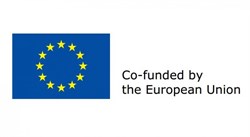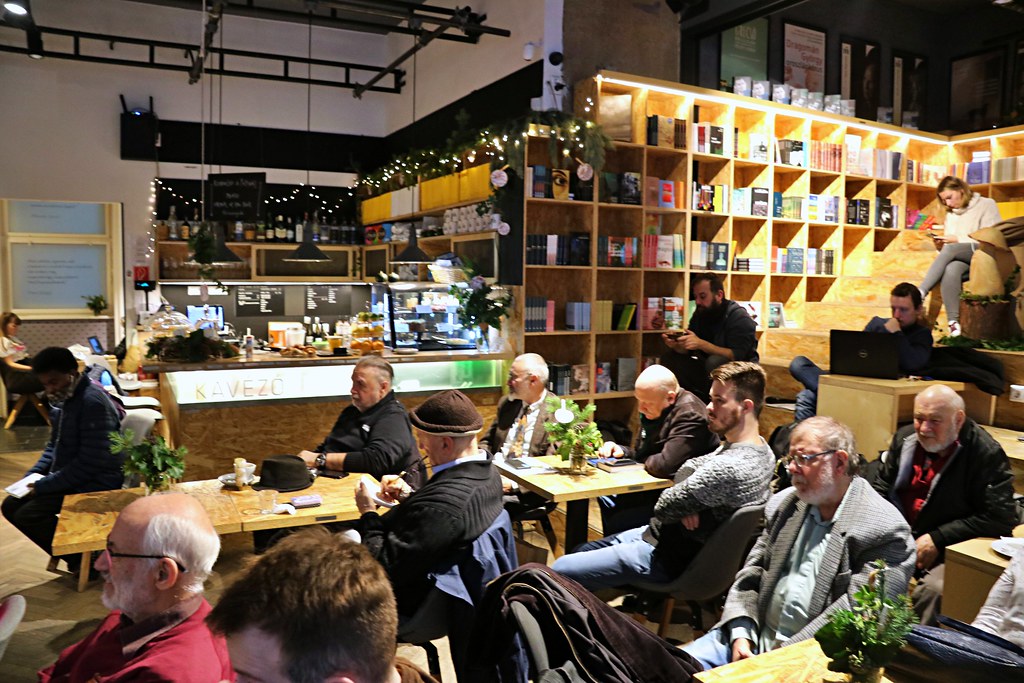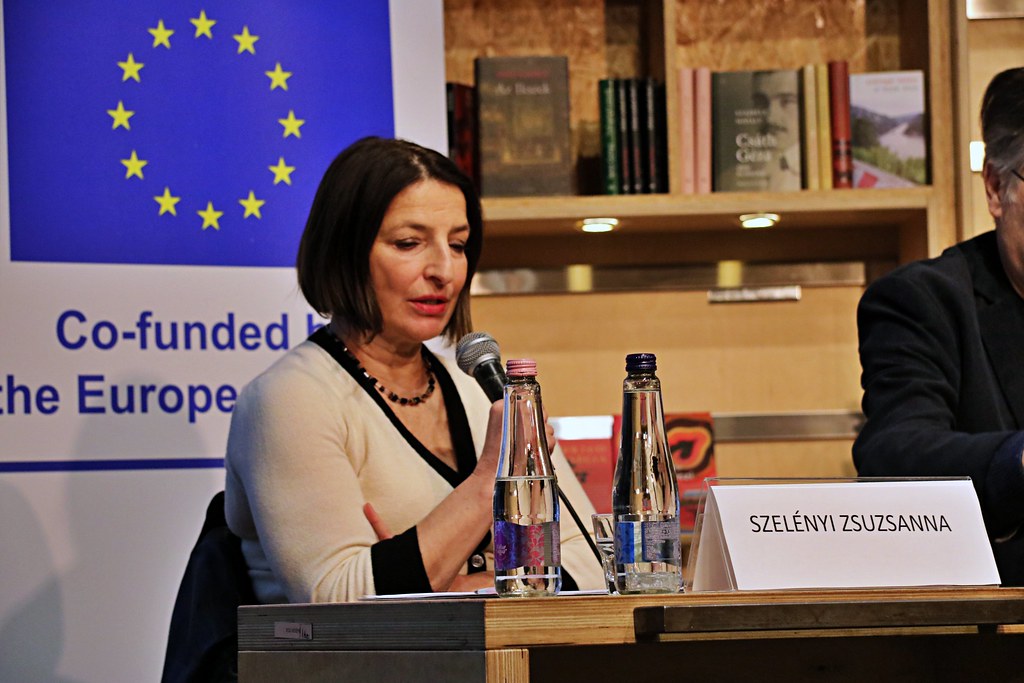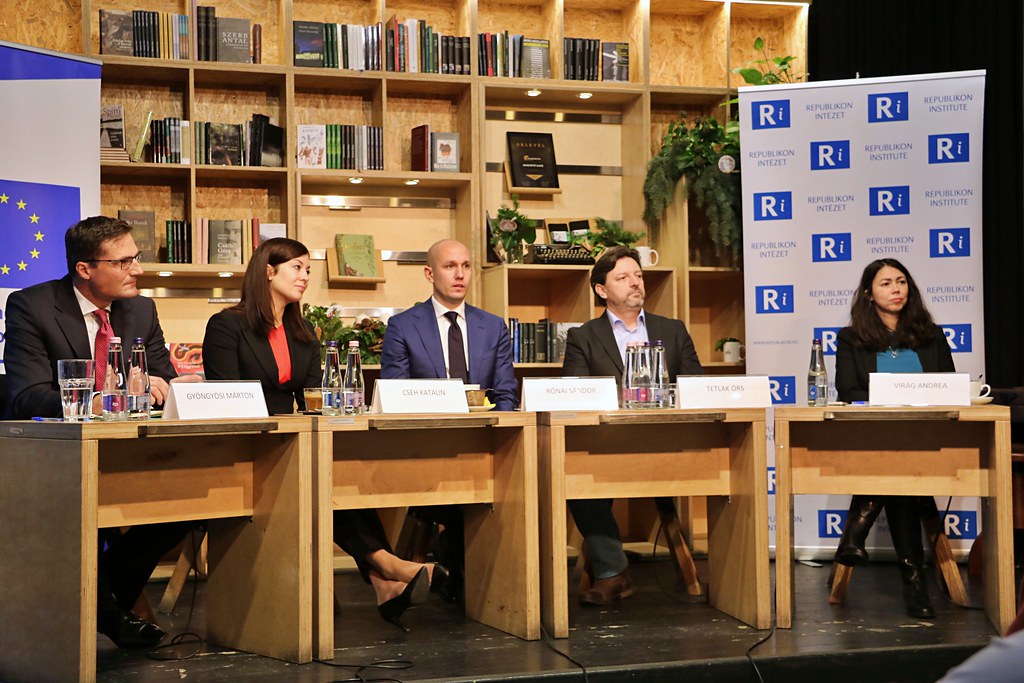

In December 2022, the Republikon Institute organized a conference about the controversial relationship between the European Union and Hungary entitled "Near and Far from Europe". The event had two main questions: what happened in 2022 and what can we expect in 2023?
The conference’s first panel was entitled "A controversial year: 2022" and the guests were Hungarian politicians. In the second half of the event, experts discussed trends and developments affecting the European Union’s relationship with Hungary. Both panels were moderated by Andrea Virág.
The guests on the first panel were Katalin Cseh (MEP, Momentum Movement), Márton Gyöngyösi (MEP, President of Jobbik Hungary), Sándor Rónai (MEP, Democratic Coalition), and Örs Tetlak (Vice Mayor of Érd, Member of the Board of the Green Party of Hungary).
The main topics were the suspension of EU subsidies, direct funding as a potential solution, and the confusion between Members of the European Parliament and local elections.
Katalin Cseh said the lack of funds will make it hard for ordinary people to get through the economic crisis and the only solution is direct financial support from the EU. She emphasized Fidesz has been engaging in bizarre 'trolling' in the EP for years, conflating unrelated issues, making nonsense arguments, and voting on issues against their political narrative.
In Márton Gyöngyösi's opinion, Hungary as an EU member state would be entitled to the resources, but only with certain conditions. In his opinion, Hungary should join the European Public Prosecutor's Office and he thinks it is important for foreign politicians to understand that corruption in Hungary is not a systemic problem, but the basis of the system itself. He sees the confusion between EP and local elections as a further dismantling of local government.
Sándor Rónai underlined the hypocrisy of the government, as so far all the sanctions imposed by Brussels have been voted for by the government. He also pointed to the fake media narrative, where the decision is presented as a positive one.
According to Örs Tetlak, instead of joining the Prosecutor's Office, it would be easier if the Hungarian authorities functioned properly. He added that while he finds the EU's decisions justified, the timing is terrible in the harsh winter. Örs is in favor of direct funding, but he is not sure that all Hungarian municipalities are prepared to handle this kind of change.
During the second panel, Péter Balázs (former Foreign Minister of Hungary), Attila Kert (Head of Euronews Hungary), Zsuzsanna Szelényi (former Member of Parliament, Programme Director, CEU Democracy Institute), and István Szent-Iványi (former MEP and Ambassador) shared their views.
The discussed main topics were the European Commission's proposal to suspend EU subsidies, the EU-Hungary relationship, the changing global geopolitical order, and the Visegrad Four.
Péter Balázs pointed out the government’s double game throughout the EU negotiations - while Navracsics was smiling and trying to negotiate, Orbán was acting as an aggressor at home. He said if the system gets enough money to function nothing will change, and if it doesn't get enough, the government will continue to shift towards the far right and the Russians.
Attila Kert said the Commission had made the right decision, as a complete ban would not have led to any solution. But the EU system needs to be improved, because the structure was created 80 years ago and the institutions have not changed since then.

Co-founded by the Europen Union
















